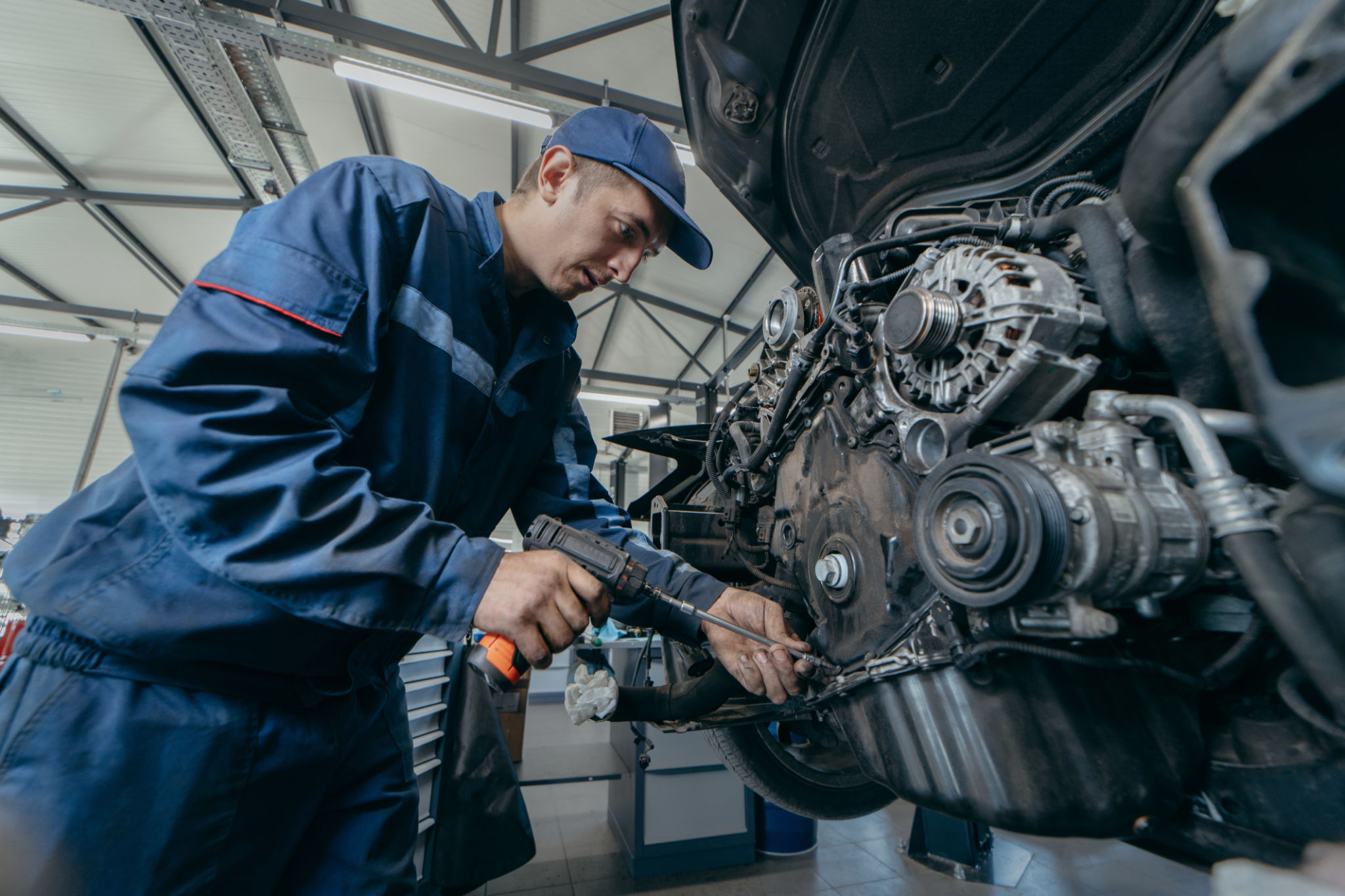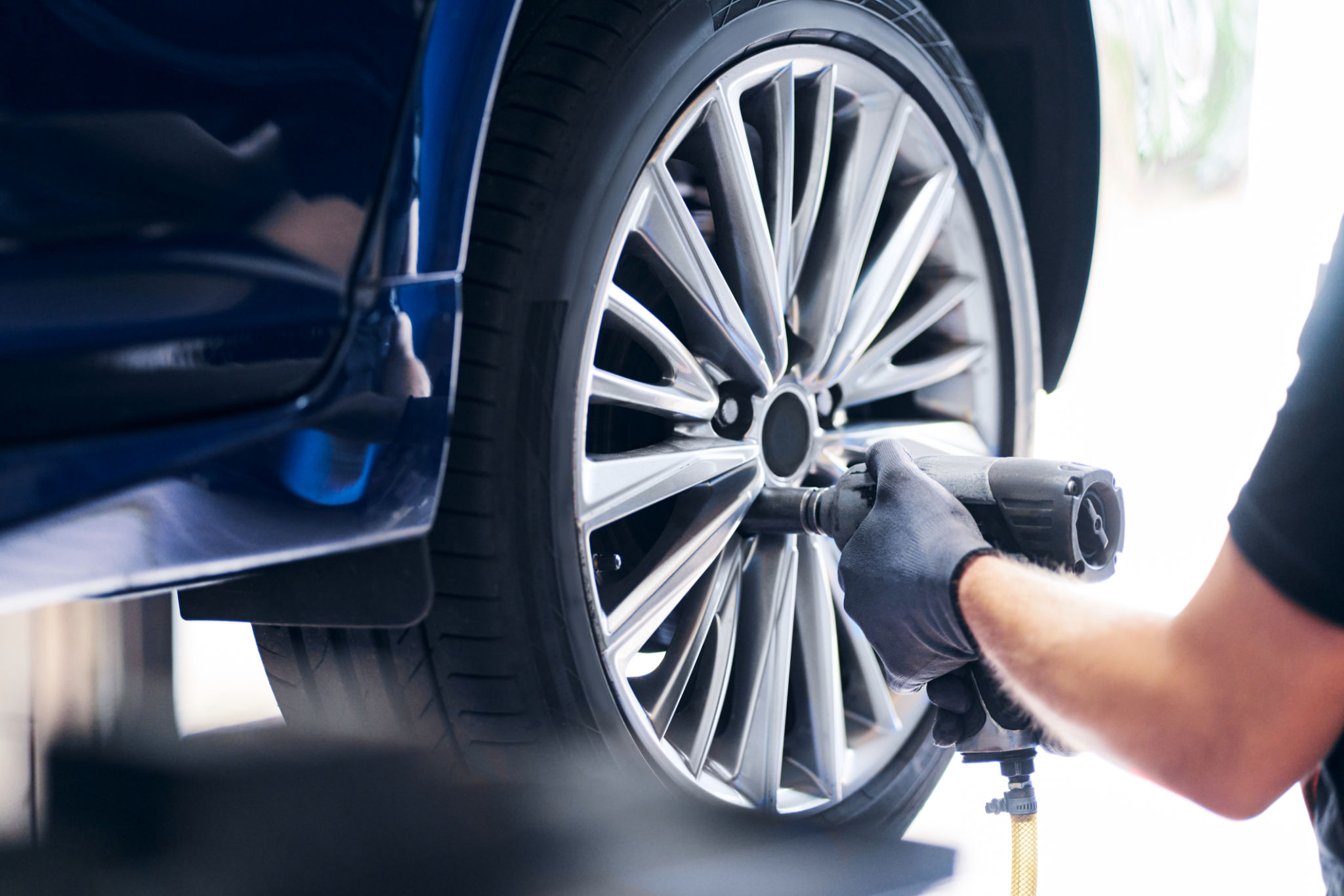Comprehensive Guide to Diesel Engine Maintenance for Riverside Drivers
Understanding Diesel Engines
Diesel engines are renowned for their durability and efficiency, making them a popular choice among Riverside drivers. Unlike gasoline engines, diesel engines use compression to ignite the fuel, which leads to higher energy efficiency. However, maintaining a diesel engine requires specific knowledge and attention to detail. Regular maintenance not only enhances performance but also ensures the longevity of the engine.

Regular Oil Changes
One of the most critical aspects of diesel engine maintenance is performing regular oil changes. Diesel engines often produce more soot and contaminants than gasoline engines, which can degrade the oil faster. It is recommended to change the oil every 5,000 to 7,000 miles, depending on your driving conditions. Always use high-quality oil that meets the manufacturer's specifications to ensure optimal performance.
Fuel System Maintenance
The fuel system in a diesel engine is vital for its operation. Over time, impurities can accumulate in the fuel system, leading to decreased efficiency and potential engine damage. To prevent this, use a quality fuel additive designed for diesel engines. Additionally, regularly replace the fuel filter every 10,000 to 15,000 miles to avoid clogs and maintain smooth fuel flow.

Inspecting and Replacing Air Filters
Air filters play a crucial role in maintaining the health of a diesel engine by preventing dust and debris from entering the engine. A clogged air filter can reduce airflow, leading to decreased performance and increased fuel consumption. Inspect the air filter every 12,000 miles and replace it if necessary to keep your engine running efficiently.
Cooling System Checks
The cooling system is essential in preventing the engine from overheating. Regularly check the coolant levels and inspect hoses and connections for any signs of wear or leaks. Flushing the cooling system every 30,000 miles helps remove deposits and ensures that the engine maintains an optimal temperature during operation.

Exhaust System Examination
The exhaust system in a diesel engine helps manage emissions and noise levels. Over time, components like mufflers and catalytic converters can wear out or become clogged. Regularly inspecting the exhaust system for leaks or damage ensures that emissions stay within legal limits and that the engine remains quiet and efficient.
Battery Maintenance
A well-maintained battery is vital for starting a diesel engine, especially in cold weather. Check the battery terminals for corrosion and ensure they are tightly connected. Testing the battery's charge regularly and replacing it if necessary can prevent unexpected breakdowns and extend its lifespan.
Tire Care and Alignment
While not directly related to the engine, maintaining your vehicle's tires is essential for overall performance. Proper tire inflation and regular alignment checks can improve fuel efficiency and vehicle handling. Inspect tires for any signs of wear or damage and rotate them every 6,000 miles to ensure even wear.

In conclusion, diligent maintenance of your diesel engine can lead to enhanced performance, better fuel economy, and a longer lifespan for your vehicle. By following these guidelines, Riverside drivers can enjoy a reliable and efficient driving experience. Always consult with a professional mechanic if you're unsure about any maintenance procedures to ensure your diesel engine remains in top condition.